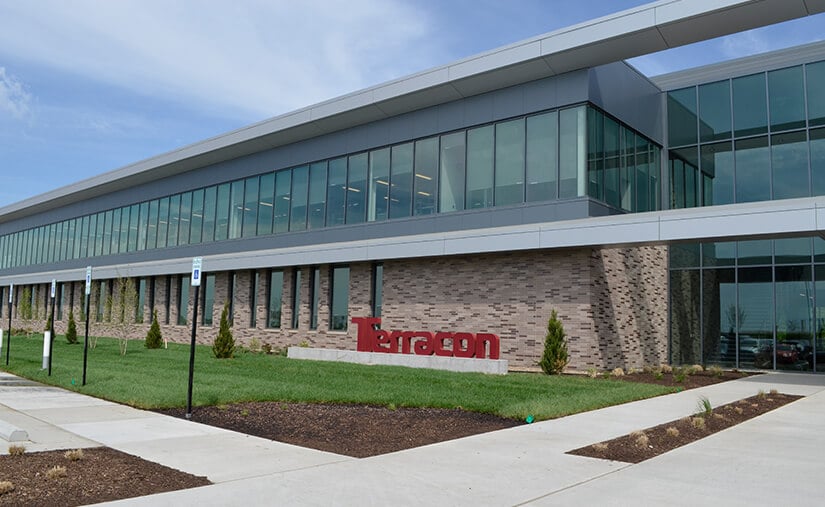Find an office location
More than 175 offices from coast to coast.
Did you know the 1990 Americans with Disabilities Act is a federal civil rights law, not a set of building codes? The act covers employment, state and local government, and telecommunications, in addition to places of public accommodation and commercial facilities. There are more than 60 million Americans with documented or recognized disabilities.
The ADA is a matter of concern for all businesses because the law requires that goods and services available to the public are also accessible to people with disabilities. Facilities managers and owners may be impacted by “serial litigants, drive-by lawsuits and cyber lawsuits” based on noncompliance with ADA provisions. Settlements can be costly and time consuming, starting at $4,000 to $20,000 per violation and increasing to hundreds of millions of dollars.
Identifying potential issues is a major component of the accessibility services provided by the Terracon Accessibility Group (TAG), which is focused on places of public accommodation including commercial, healthcare, education, transportation, government, and parks and recreation facilities.
Terracon provides a multifaceted approach to new and existing properties. Our assessments are both proactive and pragmatic. We evaluate properties for potential violations and recommend specific ways to address any issues. Our services include helping clients identify which improvements are reasonable and readily achievable, and which may not be. Sometimes improvements may not be technically or structurally feasible, or may create an undue burden on the owner.
“It’s important for clients to focus on accessibility, not just ADA,” said Melissa Middleton, project architect specializing in accessibility in Terracon’s Atlanta office. “There are physical issues associated with the ADA, but also emotional impacts on the person with the disability and their caregivers.”
Accessibility is an issue across the life cycle of properties either currently owned or being considered for future investments, and includes existing properties and new construction. As for future investments, the focus is on property condition assessment and due diligence. The issues of risk management, compliance, and facilities stewardship are common with existing properties, while new construction and renovation often center on risk management.
No matter what life cycle stage a property may be in, it’s important to think in terms of inclusion, not exclusion.
For example, the site improvements surrounding a building could present potential issues depending on the design and condition of the pavement and sidewalks. Several of the most commonly reported construction-related ADA violations concern parking lots and the path of travel to building entrances. These could include insufficient number of dedicated accessible parking spaces, excessive slopes within the spaces, faded paint and striping, signage, and access route flatness and condition. Any of these conditions could create a barrier to access.
Clients may not know which regulations apply to a particular property or site – regulations can include provisions for commercial buildings or facilities such as retail, finance, general office, healthcare, hospitality, but can also include provisions for multifamily developments such as covered apartments, condominiums, senior living facilities, and more. Engaging a consultant who understands how to navigate through the “maze of accessibility,” knows which regulations apply, and how to meet the various laws, standards, and building codes is critical.
With in-house architects and engineers located in offices throughout the country, our TAG professionals bring in-depth consulting expertise that delivers real, achievable solutions for our clients at every stage of the building life cycle.

The Terracon Accessibility Group (TAG) specializes in federal, state, and local codes, laws and regulations including:
Terracon’s New Subject Matter Expert (SME):


More than 175 offices from coast to coast.